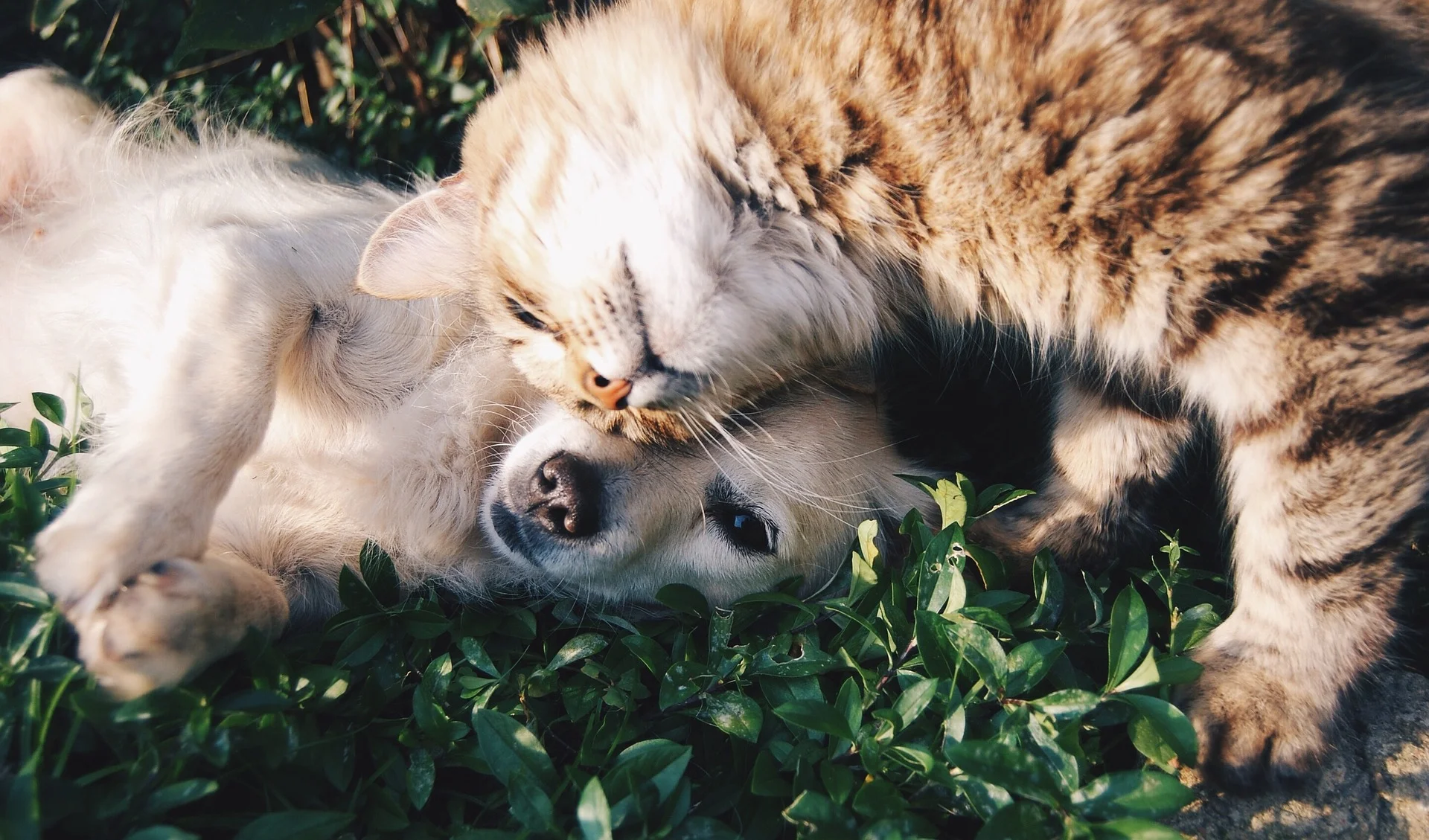I was recently asked by a major news outlet to give some insights into the About Life x All Natural Vet Care instore wellness popup event at About Life in Rozelle, Sydney.
Read on to hear more about animal wellness in 2018 and where we are heading, we are very excited to announce some more collaborations with brands that align with our philosophy and ethics, so watch this space (and subscribe to our newsletter)
1) When we talk about a holistic approach to pet care what is involved? Does it rely on all-natural remedies, or is it broader than that?
A holistic approach or Integrative Medicine embraces the best of both conventional medicine and natural medicine. While a diagnosis is important, the focus is on optimising health through attention to diet, minimising drug and chemical use and promoting a healthy lifestyle and environment to reduce stress and the risk of disease. A holistic approach takes an individualised evidence-based approach to pet care. So its broader and includes conventional medicine.
2) Who's idea was it to organise the holistic puppy workshop? Was it All Natural Vet Care or About Life?
Indicating the time is now for an animal wellness revolution we had independently reached out to each other at the same time.
We wanted the family pet to be able to access the same wellness philosophy About Life champion.
There is a great synergy in our approach to education and empowerment surrounding wellness.
3) Are there any health issues associated with desexing, beyond the obvious risks of anaesthetic and infection?
Generally desexing reduces the risk of breast cancer and testicular cancer and other reproductive tract diseases as well as overpopulation and flow-on animal welfare issues.
Veterinary medicine is an evolving science, it is unwise we take for granted what we think is right. Vets, and pet guardians, must be regularly asking, is the current approach still the best approach?
There is increasing research and debate on the impact of the time of desexing in dogs, and in some instances where desexing may not be ideal at all.
Some of the research findings that are challenging routine recommendations to desex pets include:
Females dogs desexed before 1 year of age have a bone cancer incidence rate more than three times greater than the rate in entire females, for males the risk is almost four times greater.
The prevalence of cruciate rupture is most common in early-desexed dogs, while entire animals have only half of the risk
Desexed cats are 3.4 times more likely to become obese than entire cats and also have a 2 to 9 fold increased risk of developing diabetes than entire cats
In cats, spontaneous fractures of leg bones have been suggested to be a result of delayed bone closure related to early desexing
Hip Dysplasia is twice as common in early-desexed males than entire males
Behaviour can be affected with delayed desexing associated with fewer reports of fear and aggression in male dogs
Although recent publications have suggested desexing is associated with negative health and behavioural consequences in some individuals, population level evidence supports desexed dogs having a longer lifespan, what has not been fully elucidated is whether quality of life indicators are maintained throughout the longer lives, nor the impact pet guardian responsibility has in these population level studies (i.e. escaping, wandering and subsequent injury may be now less common with modern urbanisation)
4) Do you believe that people should always desex their pets?
Current research shows there is compelling reasons to desex female dogs for future health risks, for males the reasons may not be as compelling.
For most pets it is still generally beneficial, but timing appears important for some individuals.
Delayed desexing in large breed dogs has been suggested based on research surrounding risks of musculoskeletal diseases and cancer.
Delaying or declining desexing in normally behaving male dogs could be of benefit. The application of the new research is yet to be evaluated.
The health benefits for individual pets not undergoing desexing must be viewed within the framework of society; namely the impact of other pets and people via dog bites as well as the current pet overpopulation problem we have in Australia.
New systematic reviews of the current science is required as the lists of pros and cons become increasingly complex and, at times, contradictory.
Decisions to delay or decline desexing are reserved for pet guardians who can absolutely guarantee their pet will not breed and contribute to Australia’s overpopulation problem, and where desexing is not recommended as a treatment for a medical or behavioural reason.
Effective contraception methods are now available.
It is important to recognise there are countries who have had great success in tackling pet overpopulation that take a different approach to desexing, notably Norway, Sweden Denmark and The Netherlands.
Decisions about desexing are best made after an individualised discussion of risks and benefits with your veterinarian taking into account breed, genetics, behaviour and lifestyle.
5) Can I ask, what does a holistic vaccination approach look like?
We use strategic vaccination, which is assessing risks and benefits for the individual pet. We believe all animals should be vaccinated as long as they are healthy, but then monitored with validated titre tests. There are animals with health problems that should not be revaccinated.
6) Are there any risks associated with pharmaceutical vaccinations?
Yes, there are recognised risks. Minor ones include sensitivity and pain at the site of injection to triggering autoimmune conditions and even anaphylaxis.
7) In your opinion, should people be using pharmaceutical vaccinations for their pets?
Yes, but strategically, in line with WSAVA guidelines; not every year, and depending on their health status and risks.
8) What is the ideal holistic diet a puppy or dog should be eating?
One that is supervised by a veterinarian, as different size dogs have different risks, especially large breed puppies. The diet might include minimally-processed commercial or home prepared diets that are low in starch carbohydrates, and dense in other nutrients like protein, antioxidants, vitamins, minerals and omega fatty acids sourced from quality fresh or frozen wholefoods. The diet must be complete and balanced in nutrients for the individual pet.
9) Vegan diets for dogs and cats are on the rise, do you advocate for or against this?
Vegan diets do not reflect a biologically appropriate diet for dogs and cats so I do not currently recommend them for optimal nutrition. They may survive on vegan diets, but they are not likely to thrive.
While improving pet’s eco-pawprint is ethical, there are concerns a vegan diet may jeopardize animal welfare.
A compromise can be made and many of our vegan clients provide a mainly vegetable based diet with the addition of some ethically-sourced animal-based proteins and omega 3.
























